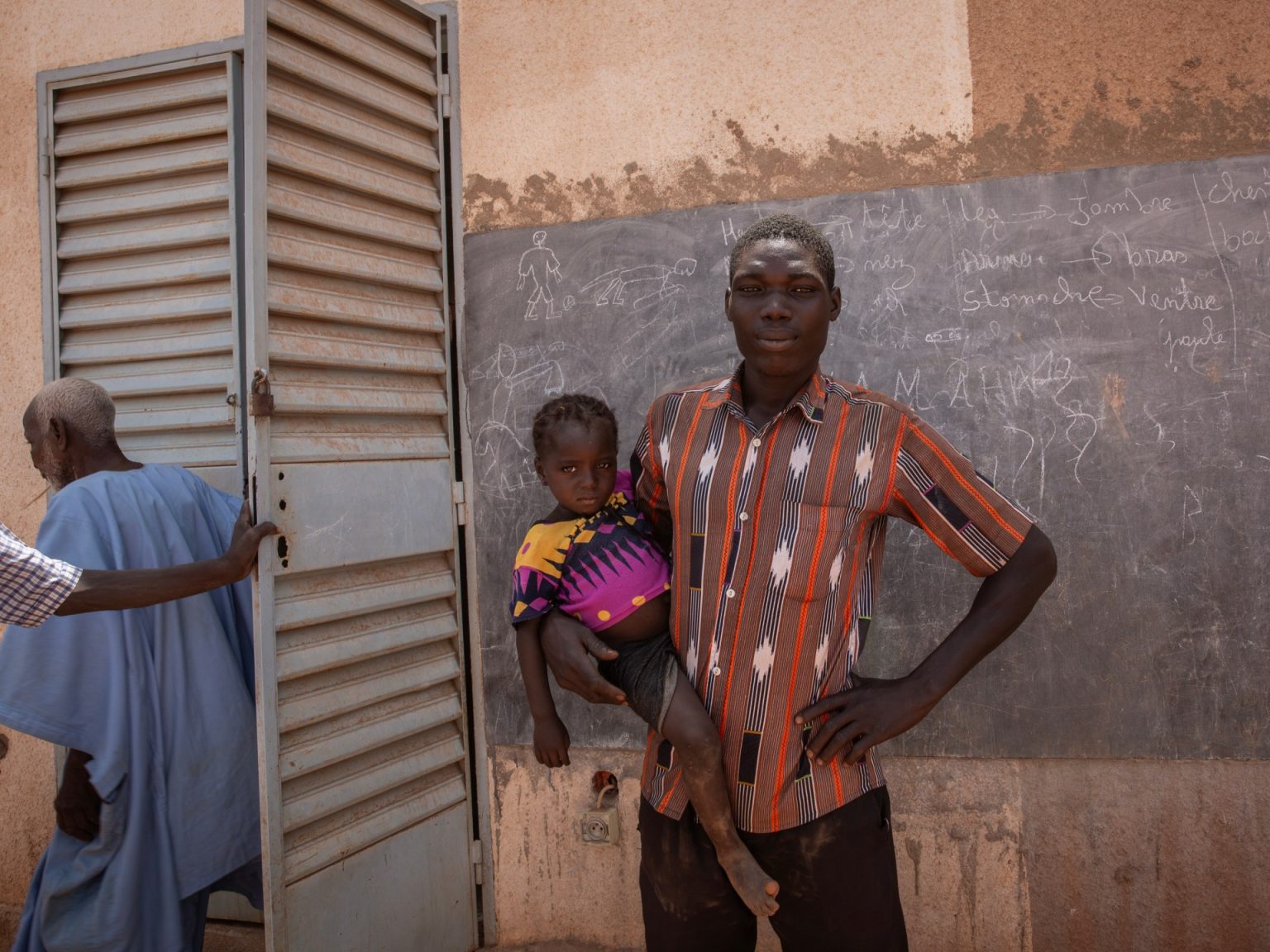The refugee crisis in Burkina Faso, a country engulfed in conflict since 2019, is considered one of the deepest neglected crises in Africa according to a report by the Norwegian Refugee Council. In 2023, Burkina Faso saw a record-high of 707,000 new displacements within its borders, with over 8,400 deaths reported due to violence. The number of Burkinabe refugees seeking safety in neighbouring countries also almost tripled, reaching 148,317. Additionally, 42,000 people experienced catastrophic levels of food insecurity and two million civilians were trapped in 36 blockaded towns, cut off from humanitarian aid.
The situation was further exacerbated by the closure of over 6,100 schools and 400 health facilities in Burkina Faso, leaving millions of people without access to education and healthcare. In February 2023, two staff members of Doctors Without Borders were murdered by an armed group in northwestern Burkina Faso, highlighting the dangers faced by aid workers in the region. As road access remained plagued by security incidents, humanitarian organisations increasingly relied on air transport, escalating operational costs and restricting the amount of assistance reaching those in need.
Funding for the humanitarian response in Burkina Faso dwindled in 2023, with only 39 percent of the required funding covered, down from 43 percent the previous year. This financial strain, coupled with limited access to areas in need and decreased media coverage due to bans on international news outlets and journalists, further hampered the response efforts. As a result, an all-time high of 6.3 million people are projected to need humanitarian assistance in 2024, with over two million remaining internally displaced.
Concerns are also growing about the protection of civilians as some displaced individuals start to return home. The Kampala Convention states that returns must be voluntary, dignified, and safe, yet the conditions in Burkina Faso may not meet these standards. Returns are expected to be a major humanitarian issue in 2024, with ongoing conflict and instability continuing to threaten the well-being of the population. As the crisis in Burkina Faso persists, it is crucial for international attention and support to be directed towards addressing the needs of those affected and ensuring their safety and well-being.













